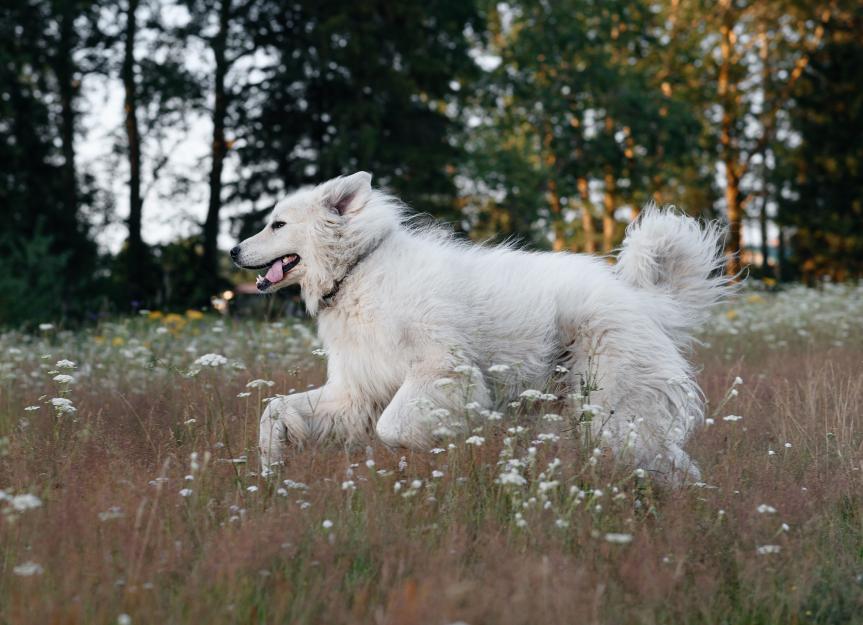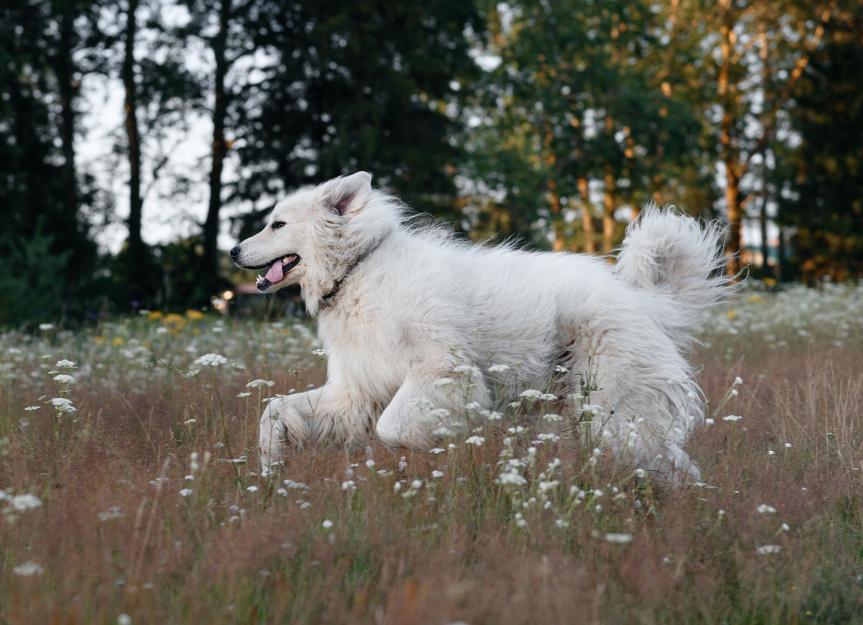
What Are Roundworms in Dogs?
Worms in dog poop, or gastrointestinal (GI) parasites, are very common in all ages and breeds of dogs, from young puppies to adults and senior dogs.
The most common GI parasite in dogs is roundworms, even among dogs who are well cared for. Any dog, indoor or outdoor, may be infected with roundworms, but young puppies are the most vulnerable.
Roundworms in dogs can also cause disease in people, especially children.
This is why keeping your dog on once-a-month parasite control year-round is very important to protect your dog and your family.
Monthly parasite prevention is key to protecting both your dog and your family from roundworm infections.
Key Takeaways
- Roundworms are the most common gastrointestinal parasites in dogs, especially in puppies, and can pose health risks to both pets and humans.
- Dogs may show no signs of infection, but symptoms can include vomiting, diarrhea, coughing, weight loss, or a pot-bellied appearance.
- Treatment involves deworming medications prescribed by a veterinarian, and follow-up care is essential to ensure the infection is cleared.
Symptoms of Roundworms in Dogs
Dogs infected with roundworms may show no signs at all while still actively shedding roundworm eggs into the environment: your home and yard.
Symptoms of roundworms in dogs may vary from mild signs to severe illness:
Heavy infections in young puppies can be fatal.
Causes of Roundworms in Dogs
Most puppies are infected with roundworms that are passed from the mother before birth.
Puppies are also infected through nursing from their mother, since tiny worm larvae are in their mother’s milk. Studies have shown that virtually all puppies are born infected with roundworms.
If you are caring for a nursing mama dog or pregnant dog, ask your vet about deworming her to treat her existing worms and prevent spreading them to her puppies.
Roundworms are the most common gastrointestinal parasite in dogs—even in those who are well cared for.
Roundworm infections happen when dogs eat worm eggs. This happens when a dog licks their fur and swallows the worm egg after being in a contaminated environment (like dog parks, sandboxes, gardens, play areas, shelters, or boarding facilities), or when they eat an animal infected with the worm or its eggs.
How Veterinarians Diagnose Roundworms in Dogs
To diagnose roundworms in dogs, a veterinarian will need a fresh stool sample. You can bring a poop sample from home, or your vet can get a sample during a physical examination of your dog.
A fecal examination (called a fecal floatation test) is done to find the roundworm eggs in the stool using a microscope. This test may be done in your vet’s hospital or sent out to a laboratory.
Even if you can see worms in your dog’s stool and have a general idea of what type of worm your dog is infected with, your veterinarian will need to do a fecal exam to ensure the worm is correctly identified.
Your vet will also check for eggs of any other worms, since it’s common for a dog to have several different types of worms at one time.
Treatment of Roundworms in Dogs
Roundworms in dogs are curable and generally require multiple treatments of deworming antiparasitic medication, available in various prescription and over-the-counter formulations, given on a strict schedule for a certain time, usually several weeks.
Your vet will prescribe a deworming medication, such as Drontal Plus, Nemex, Panacur, Virbantel, or Safe-Guard.
It’s important to carefully follow the directions provided by your vet and to schedule follow-up visits. Your dog’s stool will need to be retested to ensure treatment is working.
Recovery and Management of Roundworms in Dogs
Depending on their health status, dogs with lower numbers (milder infections) of roundworms can recover within a few weeks.
If your dog has more severe symptoms, your vet may also recommend:
Emergency surgery may be needed to remove a large amount of worms if your dog has an intestinal blockage.
Ask your vet about giving one of these parasite preventives year-round:
Roundworms in Dogs FAQs
How long does it take for a dog to get rid of roundworms?
Most dogs infected with roundworms can completely clear the infection within a few weeks. Treatment for roundworms generally requires multiple deworming medication dosages on a strict schedule.
Can I touch my dog if he has roundworms?
Yes, you can touch your dog if he has roundworms, but always wash your hands afterward, especially before meals.
How contagious is roundworm from dog to human?
If roundworm eggs (which are microscopic) are accidentally swallowed by humans, humans may become infected. This is why good hygiene when handling dogs is very important, as well as keeping your dog on a monthly parasite preventive year-round.
Do I need to clean my house if my dog has roundworms?
Yes, you need to clean your house to get rid of roundworm eggs using these steps:
What are the symptoms of a dog having roundworms?
Dogs infected with roundworms may show no symptoms at all. Some dogs may have mild signs like vomiting and diarrhea. Some dogs have severe signs like distended abdomen, thin body condition, unintentional weight loss, dull hair coat, coughing, and trouble breathing.
What kills roundworms in dogs?
To kill roundworms, your vet will prescribe a deworming medication treatment to give on a strict schedule over a certain period, as well as a broad-spectrum parasite preventive to be given once a month year-round for life to prevent your dog from becoming reinfected.
References
Ascarid. Companion Animal Parasite Council. Updated February 28, 2025. https://capcvet.org/guidelines/ascarid/



